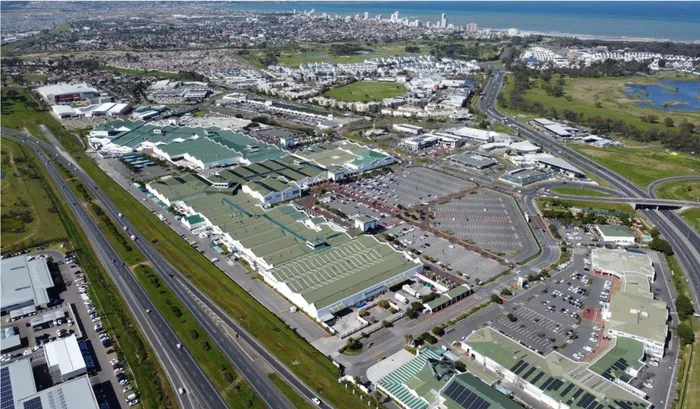
FNB says it forecasts continued improvement in commercial property conditions.
Image: Supplied
The commercial property market in South Africa is witnessing a significant resurgence, as demand now surpasses supply across industrial, office, and retail sectors.
According to the FNB Commercial Property Finance’s latest Q3 2025 Property Broker Survey, this was so for the first time since the survey began in 2019.
Demand outstrips supply
According to the National Market Balance Survey, brokers report:
Decrease in average time on market
Average time on the market has decreased across all property classes, giving further evidence of strengthening demand.
The findings reflect improving business confidence, easing financial pressures among owner-occupiers, and renewed investment interest driven by lower interest rates and improving economic conditions, says John Loos, a senior economist at FNB Commercial Property Finance.
The insights from the Key Selling Drivers Report show a continued decline in financial-pressure-related selling, dropping to its lowest level (15.2%) since 2019.
This improvement is largely attributed to interest rate cuts since late last year and better financial outlooks for businesses. At the same time, more businesses are selling to upgrade to larger or better premises, reaching a record high of 24.6%, a strong signal of operational expansion and renewed optimism in the sector.
The once-prominent trend of businesses relocating to escape unreliable utilities and municipal services has also reduced substantially, declining from a high of 49% in early 2023 to just 11.5% in the latest survey.
The Regional Market Balance Report highlights strong regional variations:
Cape Town’s outperformance is said to be supported by sustained semigration trends, investor confidence, strong governance, and limited land availability-factors also driving faster residential price growth relative to other metros.
Continued improvement in sector conditions
FNB says it forecasts continued improvement in commercial property conditions, supported by expected gradual interest rate reductions over 2026-2027 and a mild uplift in economic growth.
These factors are likely to sustain demand, improve returns, and further rebalance market conditions across key property classes, says the financier.
The Esales International property team have over 20 years of experience working to connect buyers and sellers from across the globe through our online marketing.
FATF greylist exit boost
South Africa’s removal from the FATF grey list restores credibility and lowers perceived risk, with the commercial property sector set to benefit from this dose of optimism into the economy, said John Jack, CEO of Galetti Corporate Real Estate, earlier this month.
He says South Africa is back on the radar of global investors, as the immediate outcome of the grey-list exit is an improved risk rating.
“This means a more favourable environment for businesses and investors, particularly in capital-intensive sectors such as commercial property. Access to finance becomes easier, foreign capital inflows face fewer barriers and transaction timelines shorten.”
Jack added that the renewed confidence will likely prompt further infrastructure upgrades across logistics, ports and transport and as global interest returns, established property nodes will undoubtedly experience increased demand.
“The market is in an upward trajectory, and the delisting could amplify that momentum, enabling an environment for deal-making.”
According to Jack, the commercial property sector has shown remarkable resilience in recent years. While the pandemic and macroeconomic challenges impacted office and retail performance, industrial, logistics and mixed-use assets have outperformed expectations.
“We expect to see renewed appetite for income-producing assets and development opportunities that align with sustainability, accessibility and long-term tenant demand.”
BUSINESS REPORT